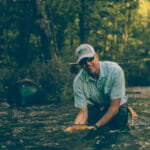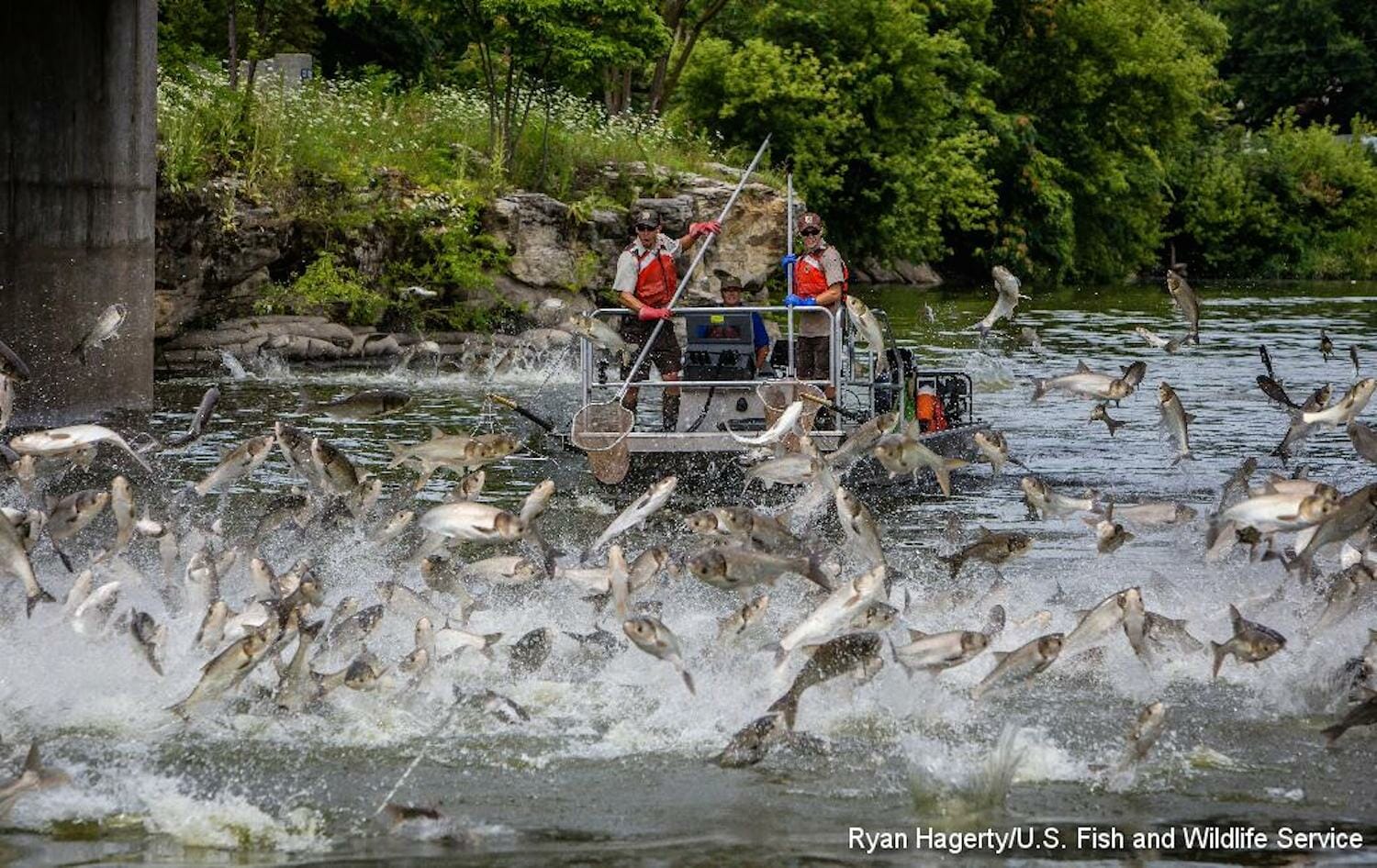By Taylor Ridderbusch
On Monday, Aug. 7, the US Army Corps of Engineers released the draft Brandon Road Feasibility Study, which assess options for preventing Asian carp from reaching the Great Lakes.
The report was originally set to be released on Feb. 28, 2017, but was delayed by Trump Administration officials. Thanks to hard work from Great Lakes legislators, sportsmen and women from around the region, and other organizations, the study has been released and has initiated a 45-day comment period, which closes on October 2, 2017.
The study examines five possible alternatives for preventing the spread of invasives, particularly Asian carp, at the Brandon Road Lock and Dam in Joliet, Ill.
The preliminary preferred option outlined by the Army Corps, called the “Technology Alternative-Complex Noise with Electric Barrier” includes: complex noise, water jets, an engineered channel, an electric barrier and a flushing lock. Additionally, this alternative includes nonstructural activities (i.e. overfishing), new boat launches and a new mooring cell. For a full outline and definitions of these measures please visit the Corps’ Report Page.
TU supports the Corps recommendation as it provides for an increased array of protective measures. This is a step in the right direction, and will allow legislators and stakeholders more time to address complete Basin separation, which will ultimately be necessary to ensure that the Great Lakes are protected.
The “Technology Alternative-Complex Noise and Electric Barrier” has an initial estimated cost of $275.3 million. TU believes this is a justifiable expense for protecting the world’s largest freshwater system, which generates $16 billion though tourism and $7 billion via angling annually.
For the full report, click here. Comments, which will be accepted through Oct. 2, can be submitted here. Click here for Trout Unlimited’s action alert on the topic.
Taylor Ridderbusch oversees Trout Unlimited’s outreach efforts in the Great Lakes region.



